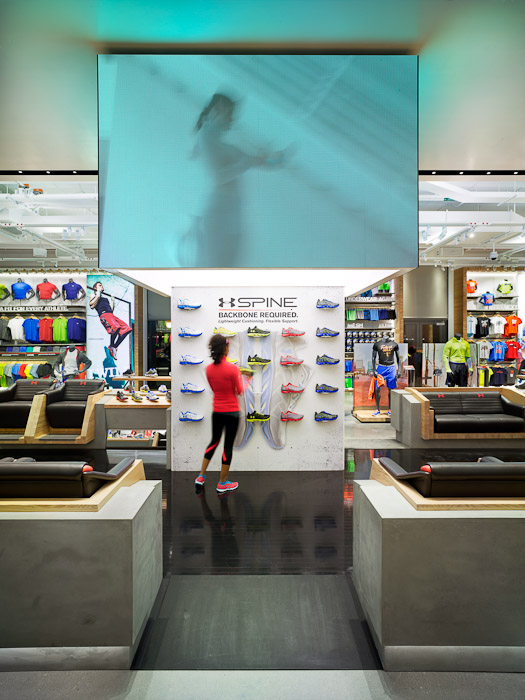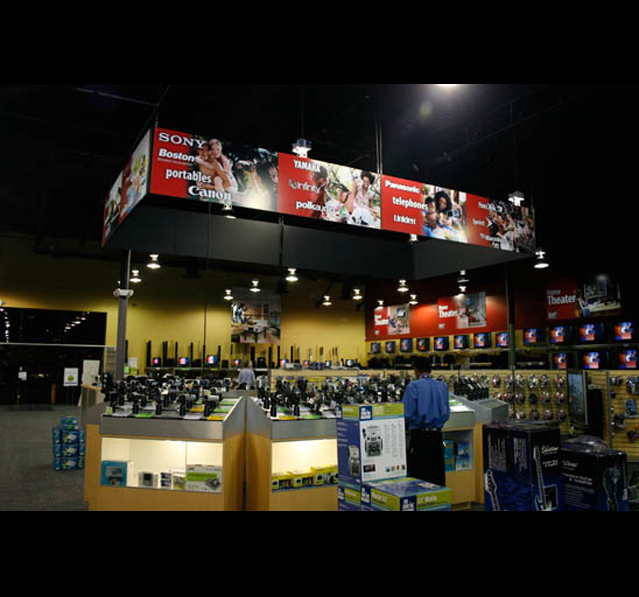By Jennifer Barham
Loyalty is a word we hear a lot about in the retail business. We might employ a customer loyalty rewards program; we want our suppliers to be loyal, and we often feel a loyalty to them; we definitely want our customers to sense our loyalty toward them.
Loyal customers are valuable — they spend more money, they buy more frequently and they cost about 80% less to maintain than a new customer costs to acquire. Here are some quick, impressive facts:
- Return customers spend more than 60% more per transaction than new customers.
- 86% of loyal shoppers will recommend your business to their loved ones.
- 66% of devoted shoppers said they’d leave a positive review online.
- Even after a poor experience, 46% said they wouldn’t abandon a business they liked.
- Word-of-mouth marketing is the most potent promo and happy customers TALK (as do unhappy ones).
- Repeat customers increase your revenue and profits with lower overhead.
- If you use a loyalty program, it’s super easy to garner valuable feedback by tracking trends.
- Customer loyalty apps also let you tap into a larger network of potential customers by allowing and requesting recommendations.
- Customers can be loyal to your store, the brands you carry, the convenience you offer, the perks you run, AND YOUR PRICING. Pricing used to be a more sensitive point than it is now, and while value is still important, people rank convenience and benefits and “believing in a brand” further up the scale now.
In short, nurturing a loyal customer base makes good business sense and should be an integral part of any retailer’s strategy.
And we know this.
Let’s look at the OTHER side of loyalty – the retailer’s loyalty to the customer. Have you thought about this lately? How loyal are YOU to YOUR CUSTOMERS? Think of this in terms of synonyms for loyal: trustworthy, reliable, consistent, dependable, dedicated, steadfast.
Can these words describe you and your business model with customers? Having this kind of integrity in the first place on your end is what builds loyal customers in return, according to surveys. In fact, over 50% of consumers say customer service (and the vibe they get from a business in terms of its treatment of its customers and employees) is what keeps them devoted to their favorite brands.
Loyalty outshines products and services constantly because it fosters an emotional bond with customers and they feel seen and heard.
So, how can you BE more loyal in your business to BUILD more loyalty in your customers? Here are some areas where your best practices can begin.
- CUSTOMER SERVICE. Nothing, absolutely nothing, beats exceptional customer service in a test of customer loyalty where everything else is equal. And customer service is not limited to CSRs; it begins with the very first interaction your customer has with your business – whether that’s in the parking lot, online, or with the cashier. When you are thorough in answering questions, quick to address problems, and eager to help in whatever way possible, you are showing your devotion to your customers and, in turn, nurturing their loyalty to you.
- FEEDBACK/REVIEWS. Encourage customers to provide feedback, whether it’s positive or negative, on their experiences with your brand. Just the mention of a customer satisfaction survey or a review will promote the idea that you care what they think and you want their input. Ask how you can improve, what you did right, what you did wrong, how they felt. When customers feel heard, they feel valued. When they feel valued, it grows their loyalty. Be sure to check frequently online for mentions and reviews of your business so that you can make the most of the social media marketplace. People will see you responding and know that you care!
- PERSONALIZATION. Look, people want to be SEEN. Even people who say they want to remain invisible want to be noticed when they need or want something. Capitalize on this human trait by making customers feel special. Our grocery store chains offer senior shopping at a great discount on Wednesdays, which is otherwise the stores’ slowest day. Lots of local places offer a free birthday treat, car wash, coffee, or product. The Sonic carhop greets me by name when I pull in to pick up my in-app order, and even that simple little gesture makes me feel good.
- COMMUNITY. Probably the next step up from making customer experiences personal is making them relate to a sense of community. In general, people savor a feeling of being able to rally around a common goal or being part of something bigger than themselves. I notice the seemingly never-ending lines at the Apple Store when a new phone is released, or at Chick-fil-A on “dress like a cow” day, or Starbucks when pumpkin spice lattes are back, or the city’s car dealership when the local NFL team wins (free giveaways after a win!). Inevitably, excited chatter is part of those long lines. Another type of community-building is purely value-based like, for example, the way Tom’s shoes donates a pair of shoes for every pair purchased.
- LOYALTY PROGRAMS. Customer loyalty programs are a great way to reinforce and reward customer loyalty. They are a relatively easy way to influence shoppers if retailers make them convenient and worthwhile (69% of consumers report that they’re more likely to join a loyalty program if there’s a mobile app). Programs can be point-based, tiered, or pay-based (like big box store subscriptions). But beware! Loyalty programs are an enhancement to an already budding relationship between retailers and shoppers; they will not so much inspire a brand new relationship or outweigh the negative effects of poor customer service or bad experiences.
In other words, the next time you think about “customer loyalty,” think about it counter-intuitively. Consider: how can my business be more loyal to my customers? At the end of the day, the only person you can control is you, so look out for the people who you want to look out for you.
Photo by Clay Banks








